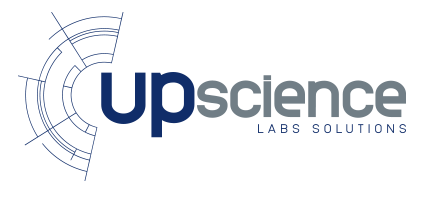Why is it important?
Genetically Modified Organisms (GMO) are organisms the genetic material of which has been altered. GMOs have been widely developed and marketed as they facilitate crop protection as a result of higher resistance to diseases and viruses. National and international regulations define the market rules. Some countries do not have any restrictions, while others have regulatory provisions for GM foods concerning health and environmental risks. In the EU, Directive (EU) 2015/412 allows each member state to limit or prohibit the culture of GMOs in their country. Furthermore, manufacturers must demonstrate compliance with regulatory limits (regulations (EC) 1829/2003 and 1830/2003 concerning the labelling of food and feed containing genetically modified organisms (GMOs) and Act 2008/595 on Genetically Modified Organisms (GMOs)). Manufacturers and retailers should ensure the traceability of raw materials to meet this regulation. Accidental contamination can occur during the production process so controls must be put in place to guarantee the absence of GMOs in the final product.
In addition, public awareness regarding transgenic organisms is increasing. Consumers are becoming increasingly attentive to GMO-free food stuffs and production process (e.g. in feed).
How Upscience can help you?
Upscience supports the food industry, Petfood, animal nutrition in the regulatory controls carried out for the detection of GMOs by offering a wide range of screening analysis, event identification and quantification tests for the search for GMOs (soya, maize, rapeseed, etc.) authorised in the EU.
The control of GMOs in raw materials and finished products is carried out according to the qualitative and quantitative qPCR method.

